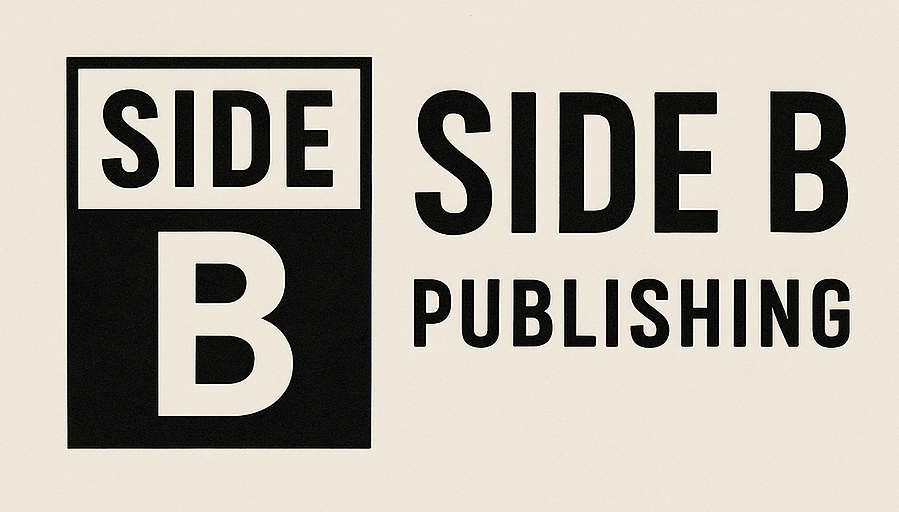The Salt Myth: Why Your Doctor's Low-Sodium Advice Might Be Wrong
My doctor handed me a list of "heart-healthy" foods and warned me to avoid salt like it was poison. "Keep it under 2,300 milligrams per day," she said sternly. "Better yet, aim for 1,500."
I dutifully threw away my salt shaker and started reading every food label obsessively. But after months of bland food and feeling worse, not better, I started questioning whether the war on salt made scientific sense.
The Shaky Foundation
The anti-salt crusade began in the 1970s based largely on population studies that showed correlations between salt intake and blood pressure. But correlation isn't causation, and these early studies had significant limitations that somehow got overlooked.
When researchers tried to replicate these findings in controlled trials, the results were far less convincing. Many studies found no benefit from salt restriction, and some suggested it might actually be harmful.
The Blood Pressure Obsession
The entire case against salt rests on the assumption that lowering blood pressure is always beneficial. But what if that assumption is wrong?
Some studies suggest that very low sodium intake can actually increase cardiovascular events, not decrease them. The body's response to severe salt restriction includes increased stress hormones and insulin resistance – changes that might offset any blood pressure benefits.
The Individual Response Reality
Here's something your doctor probably doesn't know: people respond very differently to salt intake. Some individuals are "salt sensitive" and do see blood pressure changes with sodium intake, while others show no response at all.
Roughly 75% of people with normal blood pressure show no meaningful change when their salt intake varies dramatically. Yet we've created universal guidelines based on the minority who do respond.
The Potassium Problem
The research suggests that the sodium-to-potassium ratio might be more important than absolute sodium intake. Our ancestors consumed roughly equal amounts of sodium and potassium, while modern diets are high in sodium and low in potassium.
But instead of focusing on increasing potassium-rich foods, we've obsessed over eliminating sodium – potentially missing the real issue.
What Happens When You Restrict Salt
Severe sodium restriction triggers several physiological responses:
Increased production of stress hormones
Activation of the renin-angiotensin system
Potential insulin resistance
Electrolyte imbalances
Increased risk of hyponatremia (dangerously low sodium)
These changes might explain why some studies show increased cardiovascular events in people following very low-sodium diets.
The Processing Problem
The biggest source of sodium in modern diets isn't the salt shaker – it's processed foods. But these foods are problematic for many reasons beyond their sodium content: they're loaded with sugar, unhealthy fats, preservatives, and artificial ingredients.
Blaming salt for the health problems caused by processed foods is like blaming the steering wheel for car accidents.
The Quality Question
Not all salt is created equal. Table salt is heavily processed and stripped of trace minerals, while sea salt and rock salt contain beneficial minerals that work synergistically with sodium.
The type and source of salt might matter more than the absolute amount, but this nuance gets lost in blanket recommendations to "avoid salt."
The Real-World Paradox
Countries with some of the highest salt intakes (like Japan and South Korea) often have excellent cardiovascular health outcomes, while some populations with low salt intake have poor health markers.
These observations don't prove that high salt intake is beneficial, but they do suggest the relationship is more complex than we've been told.
The Exercise Factor
Active people, especially those who sweat regularly, have completely different sodium needs than sedentary individuals. Yet medical guidelines rarely account for activity levels when making sodium recommendations.
Athletes and people who exercise regularly may actually need more sodium, not less, for optimal health and performance.
Finding Your Balance
Rather than following arbitrary guidelines, the optimal sodium intake probably depends on:
Individual salt sensitivity
Activity levels and sweat rates
Overall diet quality and potassium intake
Kidney function and health status
Climate and environmental factors
The Bigger Picture
The salt myth reveals how medical recommendations can become dogma despite weak supporting evidence. When large organizations take official positions, those positions become very difficult to change even when new research emerges.
In my upcoming book, I explore:
The specific studies that created anti-salt bias and their limitations
How salt sensitivity testing could personalize recommendations
Why very low-sodium diets might be dangerous for some people
The role of potassium and other electrolytes in cardiovascular health
How to determine your individual optimal salt intake
Your Salt Strategy
Instead of blindly restricting salt, focus on eating whole foods, increasing potassium intake, and paying attention to how your body responds to different sodium levels.
Curious about what other medical "facts" might be based on questionable science? Subscribe to my blog for weekly insights that challenge conventional medical wisdom.
Ready to discover the truth behind decades of dietary advice? My upcoming book reveals the myths shaping modern medicine.
